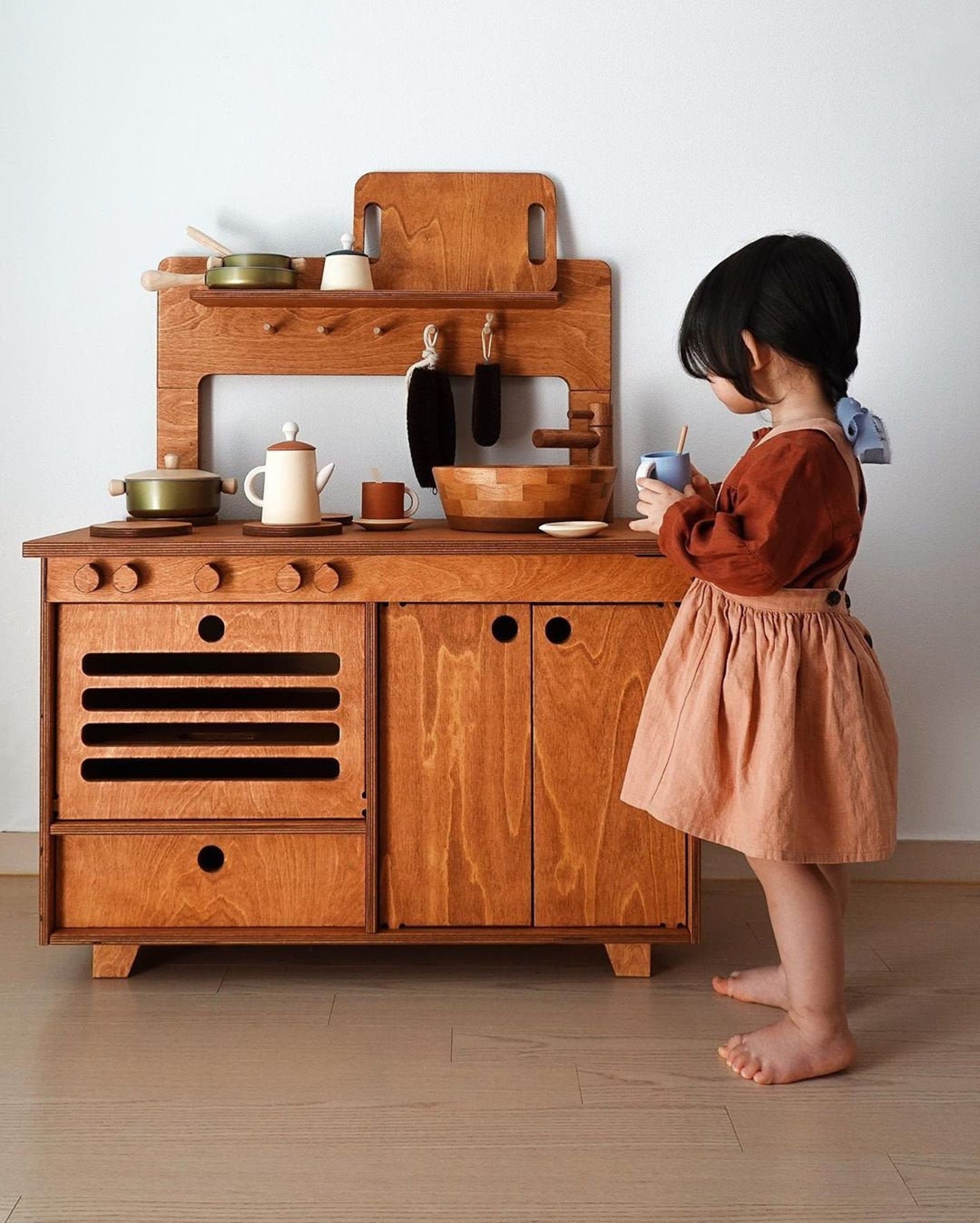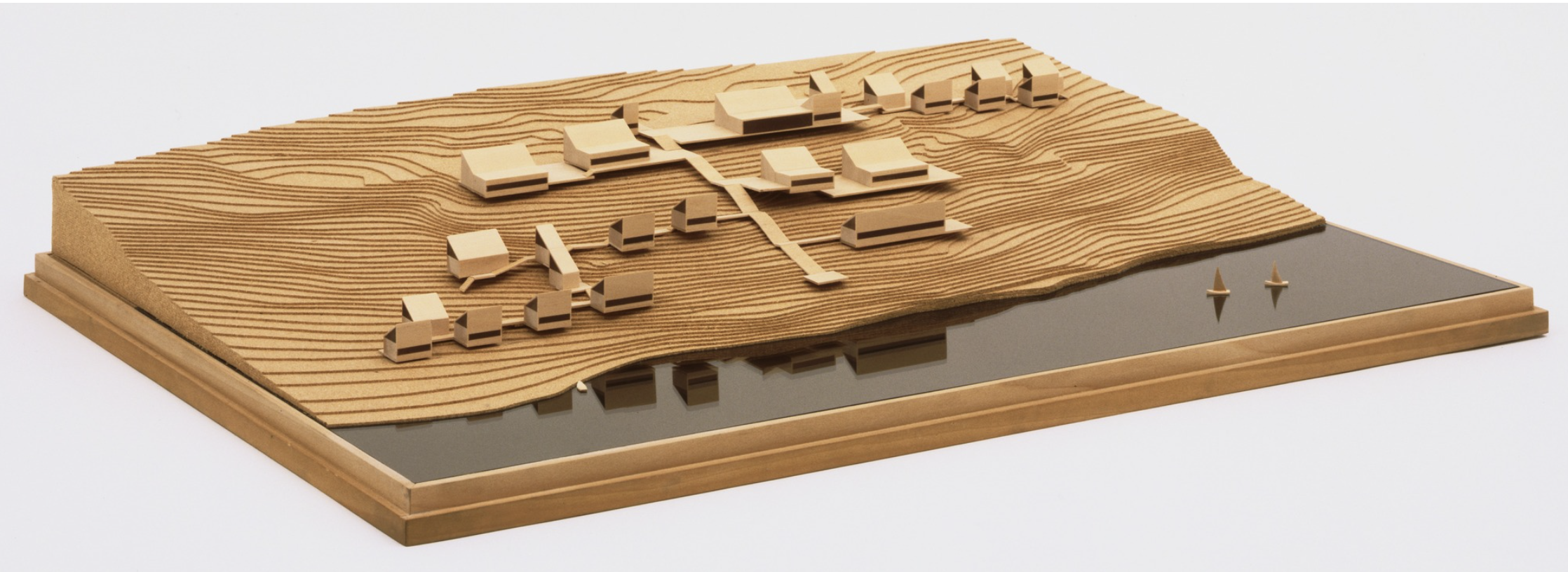Final Project¶
updates (4/5/2021): After getting feedback from the group during my presentation, I have decided to focus on the clay/ceramic studio as the premise for the project.
“Easy Bake Oven” Clay Studio¶

Overview¶
This project will design a simple and safe play kit for kids to form clay into objects and bake using a low-tempature kiln. This project will consist of three components: - a variable speed potter’s wheel for forming clay (note: this won’t actually be strong enough to do serious work but should be sufficently entertaining for a toddler to play with). - clay material and shaping tools - a temperature-controlled kiln/oven for baking the clay material into ceramic projects
Research¶
Temperature Sensors¶
Thermocouple. A thermocouple is a sensor used to measure temperature. The sensor is made with two wires, of different materials, welded together. When there is a temperature change, a voltage is produced on the sensor and can be measured and transformed into a calibrated temperature. There are many different types of thermocouples, Type K being the most common, inexpensive, etc.
- Wikipedia
- Vendor/Source
- Adafruit sells a range of tempature sensors, including thermocouple and thermocouple amplifiers used to boost the signal.
Oven Materials¶
Most kilns use a fire brick material to line the oven, this material is ceramic, refractory, has a low thermal conductivity, and able to withstand high temperature (Source).Refractory is a material that is resistant to decomposition by heat, pressure, or chemical.There are a number of products available. Castable Refractory Cement is one I found on Amazon. However, Smooth-On has many “fire-rated” castable materials that I am going to research.

- Nichrome is a heat-resistant alloy commonly used for toaster oven heating coils. It has a melting point of 1,400 °C (2,550 °F).
Clay Materials¶
Clay is the primary material that the user will be using for this kit. There are different clay materials that could be used for this project. Polymer Clay seems to be the most promising, and there are DIY recipies to make it your self using safe and common household materials.
- Air-dryable clay, safe for kids
- Flex wax (moldable wax) is another option, not exactly clay but could be used by a kid safely to form objects.
- Fimo** is a safe polymer clay for kids. Commerically available through many vendors.
- DIY Polymer Clay for making polymer clay.
Forming Tools¶
Inspiration¶
Similar Projects¶
Design¶
Looking around the archives, I was inspired by Hyejin Ahn’s final project, which was a smart mini house. I will review her design and implementation more carefully and see what I could potentially build off of with my project.

PlayStack (original project idea: obsolete/abandoned)¶
PlayStack is title of my final project concept. It is an interactive replica simulator of various craft studios found around the Haystack campus. This idea came out of a brainstorm with Jenn (my wife) about what I could do for my final project that was both self-serving and also actually worth making. Obviously, we landed on a project that would be able to be used by our daughter, Lucia. We discussed building a doll-house with interactive features, and then a play kitchen, but ultimately decided on this idea of a craft studio simulator for kids.

The idea for this will be to design a scale replica of the Haystack iconic studio architecture, and then develop interactive physical simulations of different craft processes using digital fabrication Process. For example, a glass blowing simulator might have a 3D printed orb, that is semi-transparent and contains an RGB LED. This would be attached to a stick or wand and as the user puts this into the replica glass forge, a motion sensor within the forge would detect the presence of the RGB wand and make the LED turn RED to signal hot molten glass. When retracted, the RGB LED would turn blue to signal that the glass has cooled.

Nearly every studio could have some simulator, so next I will brainstorm each studio and describe a possible concept that could be included in this simulator.
Wood¶
- A table saw that spins when a button is pressed and stops when pressed again (BONUS: blade is capacitive-sensitive and stops spinning when touched).
- A dust collector to clean up the mess (AKA mini vacuum).

Ceramic¶
A low-temp miniature kiln using nichrome wire to heat up and bake clay. Are there low-temp polymer clays? Easy-bake oven style?
Fibers¶
Laser-cut loom, obviously.
Graphics¶
- Mini letter press (source: Open Press Project)
- Screen printing with non-toxic ink (maybe a simulation with an LCD or touchscreen?)
Metals¶
- Power hammer
Glass¶
- Glass blowing simulation. An RGB LED embedded in a semi-transparent sphere that glows red as you place it further inside of a kiln.